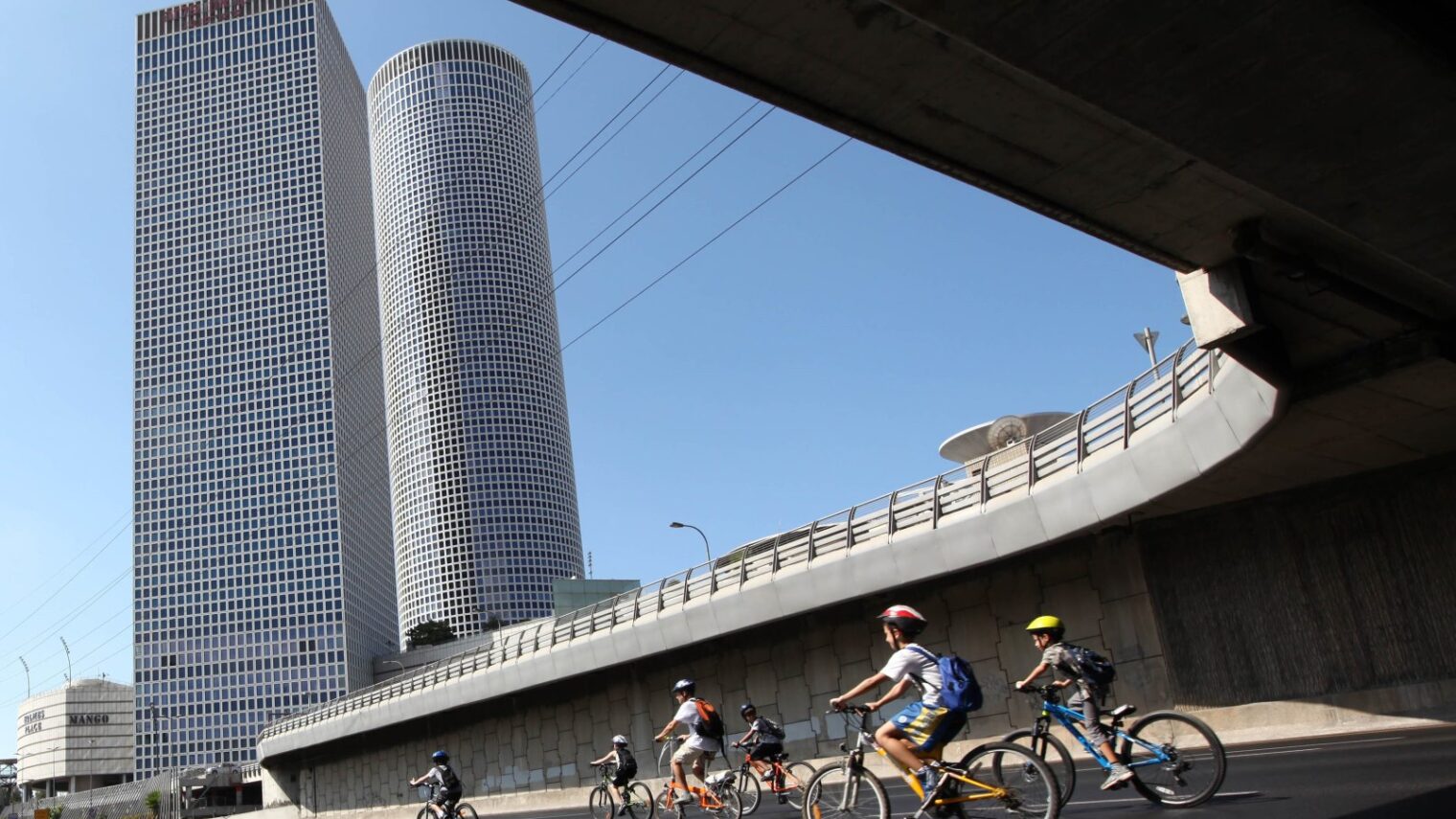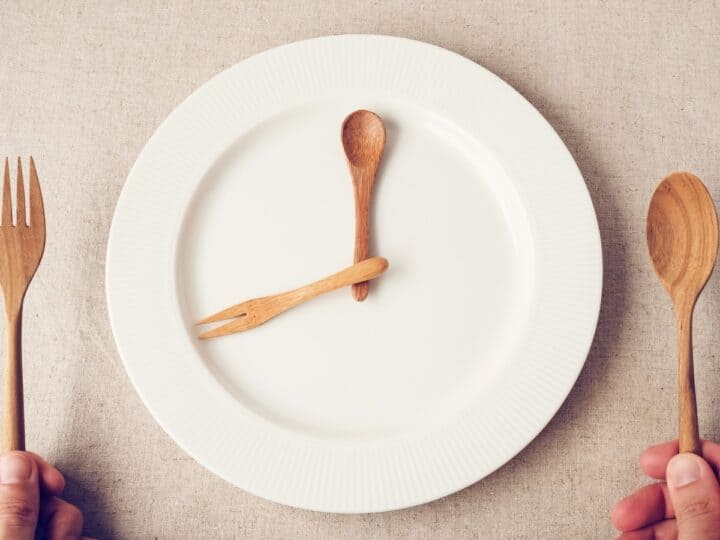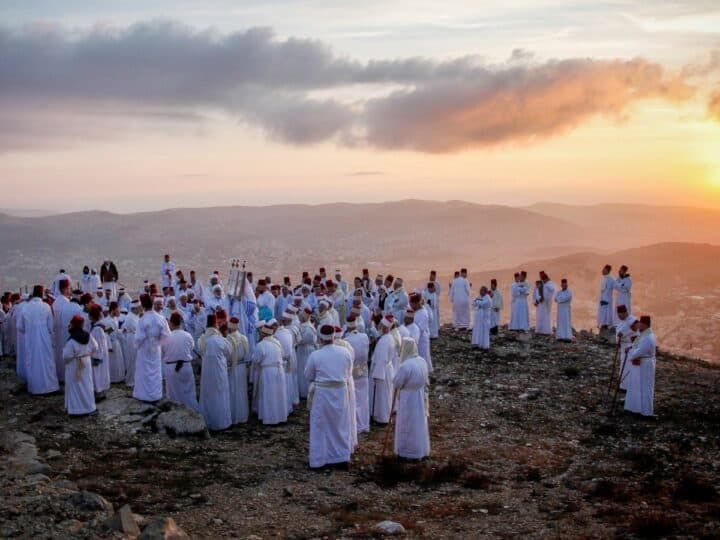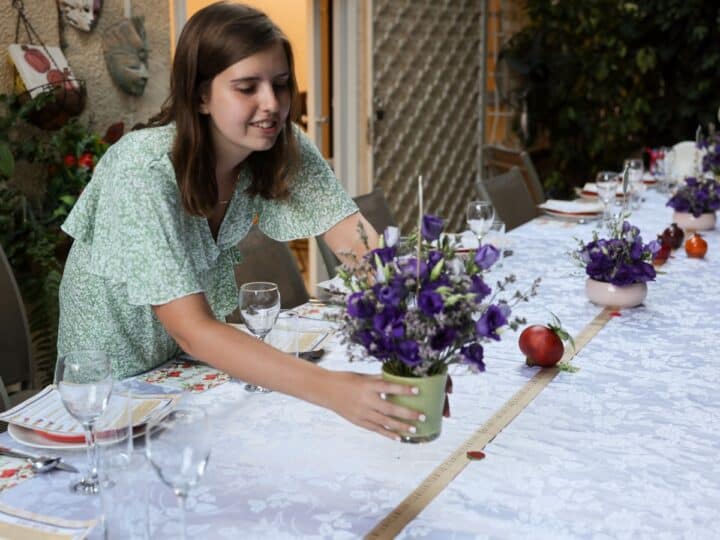Yom Kippur is one of the most unique days in Israel. Everything comes to a close – stores, TV, roads and the radio all shut off for the 25 hours of the Jewish Day of Atonement.
The holiest day on the Jewish calendar, which this year begins in Israel on the evening of October 8 and carries on until sundown the following day, Yom Kippur is all about asking for forgiveness from God and from fellow people and repenting for the previous year’s sins.
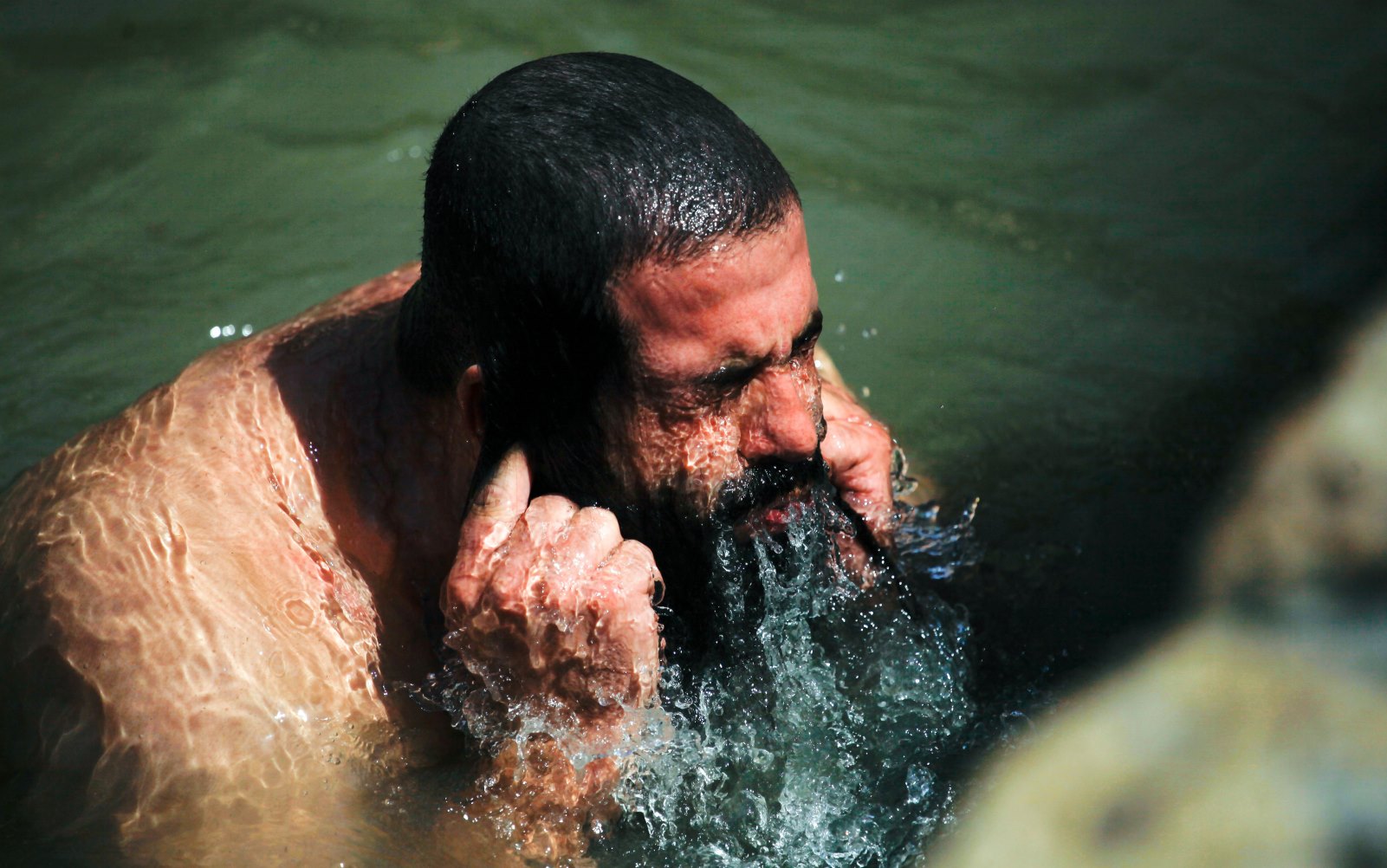
One sign of this repentance is fasting, a custom many Israeli Jews observe. Another is spending the whole day praying in synagogue.
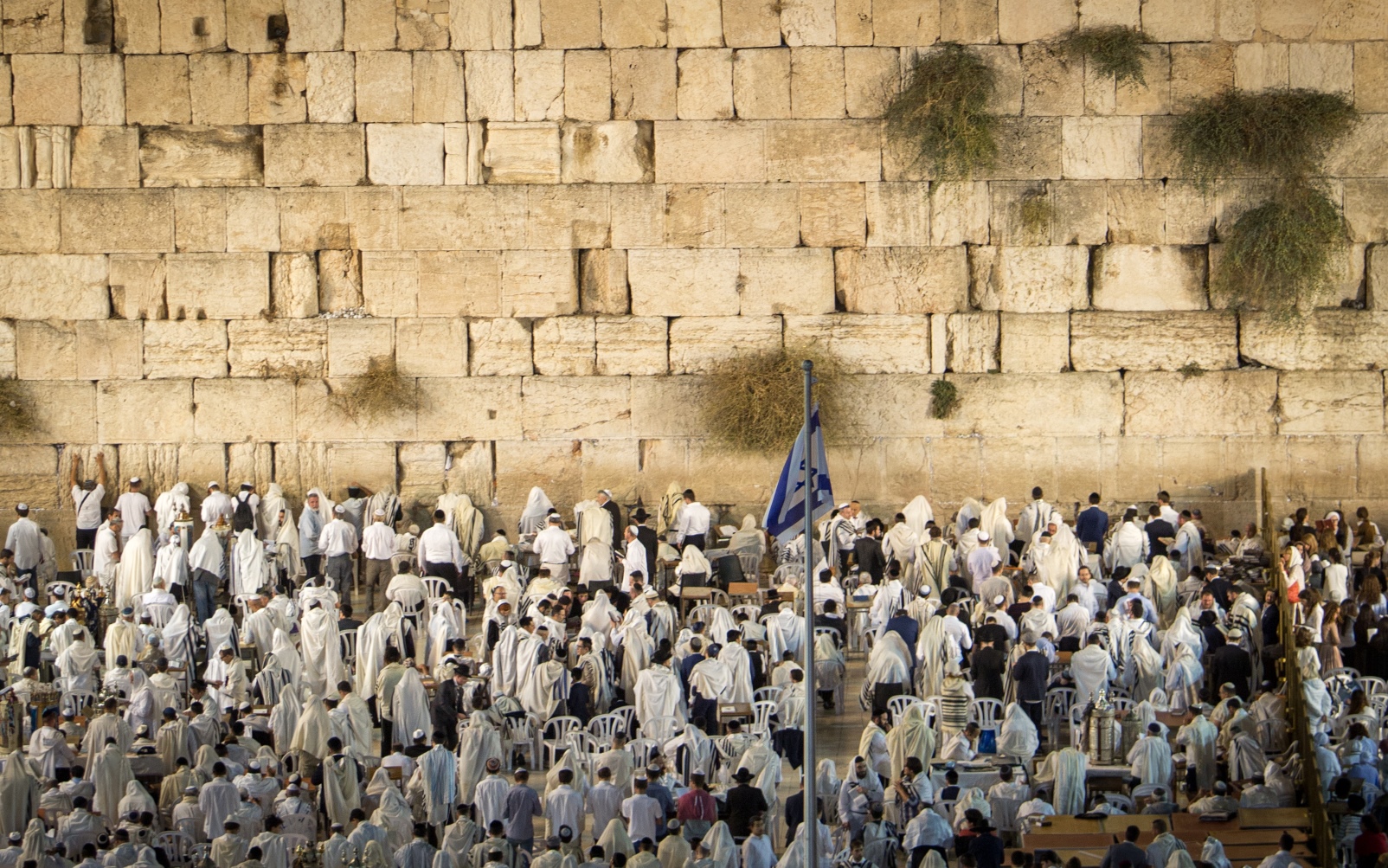
But not all Israelis observe Yom Kippur the same way. Many forgo fasting and going to shul, and instead use the day as an opportunity for private reflection, reading, rest and contemplation.
Others, especially children and teens, take advantage of the empty roads and spend the day on their bikes, scooters and rollerblades.
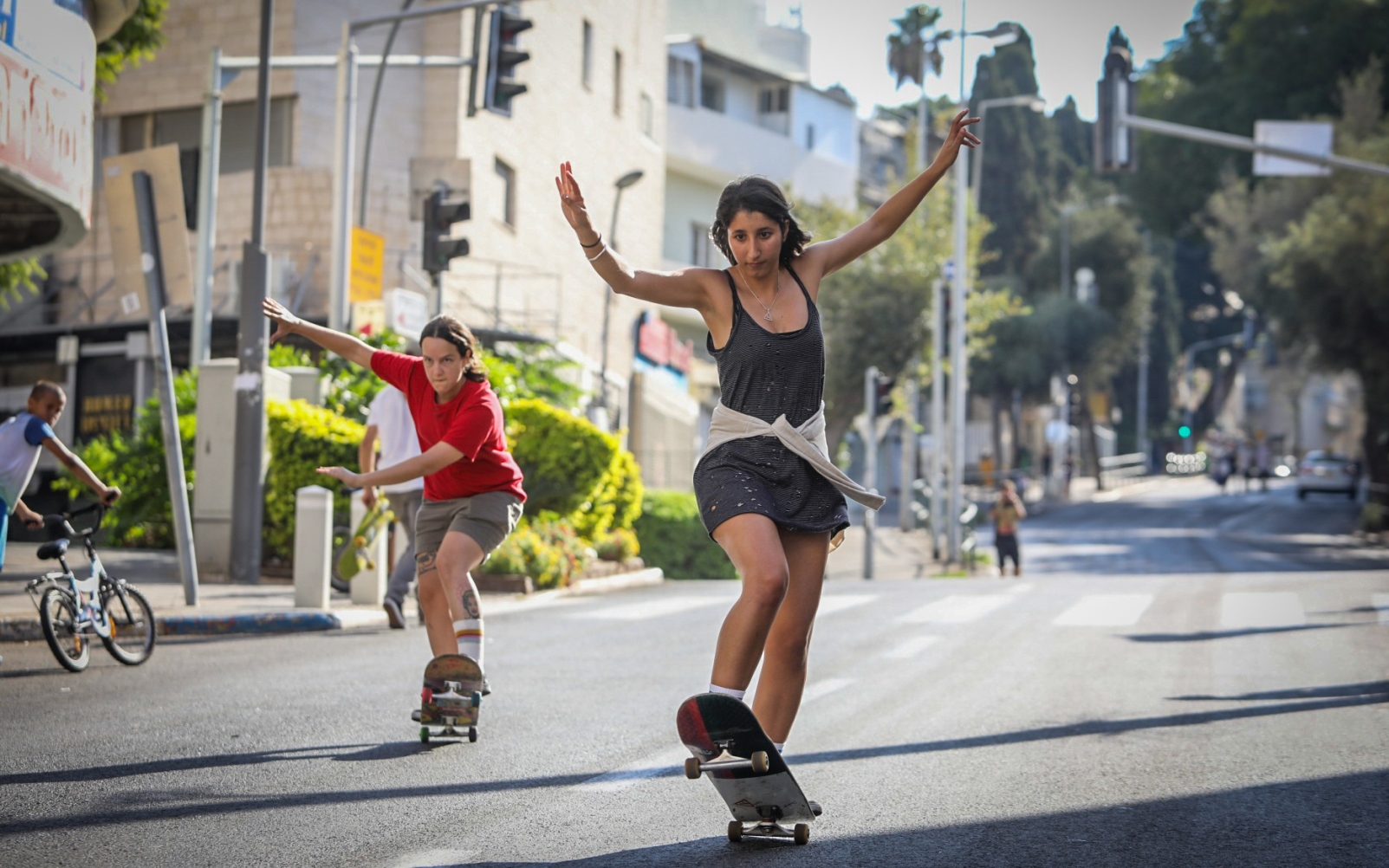
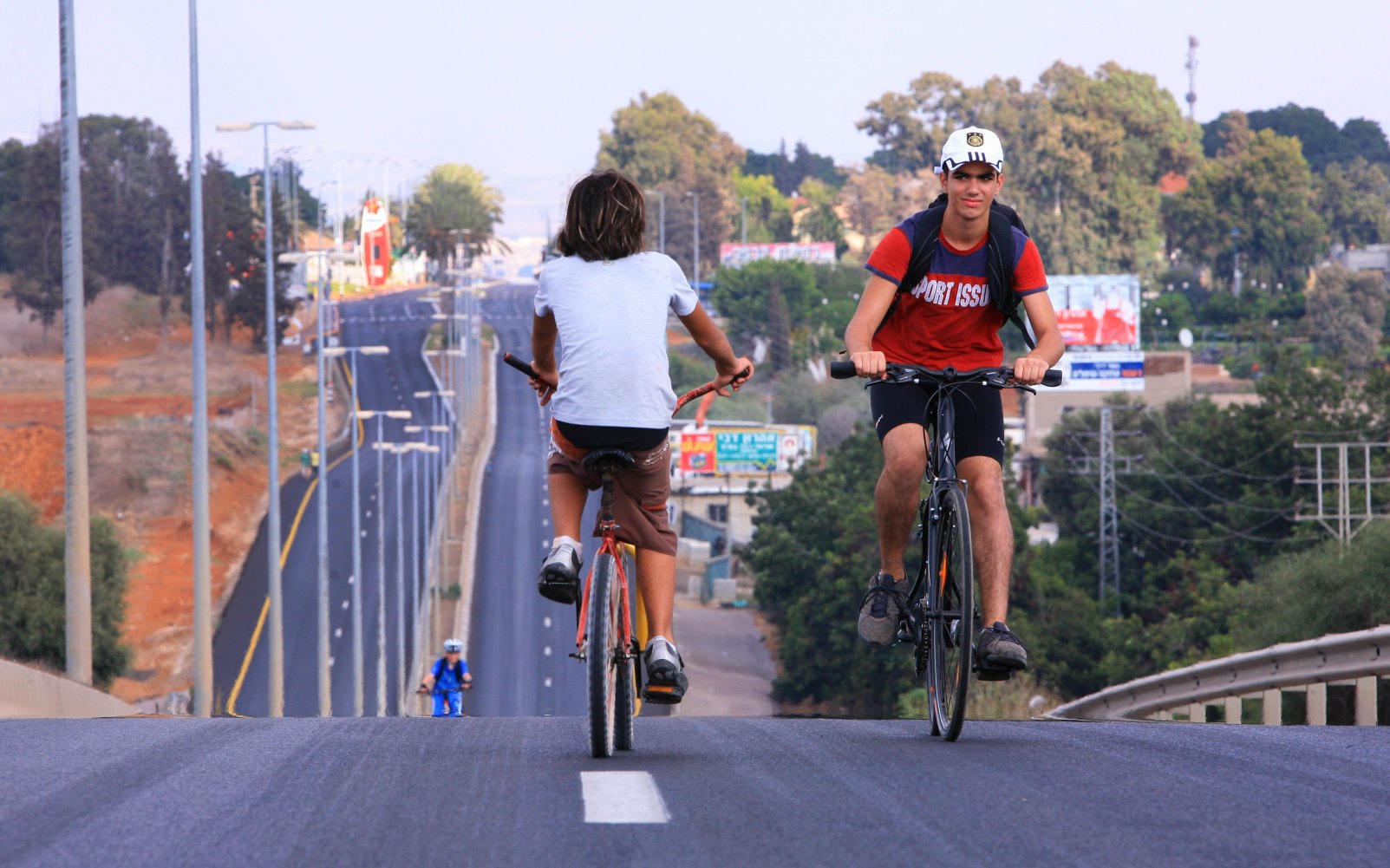
It is not an uncommon sight to see kids screeching away on their bikes alongside people wearing prayer shawls while walking to synagogue, in a true example of diversity and tolerance of each other’s way of life.
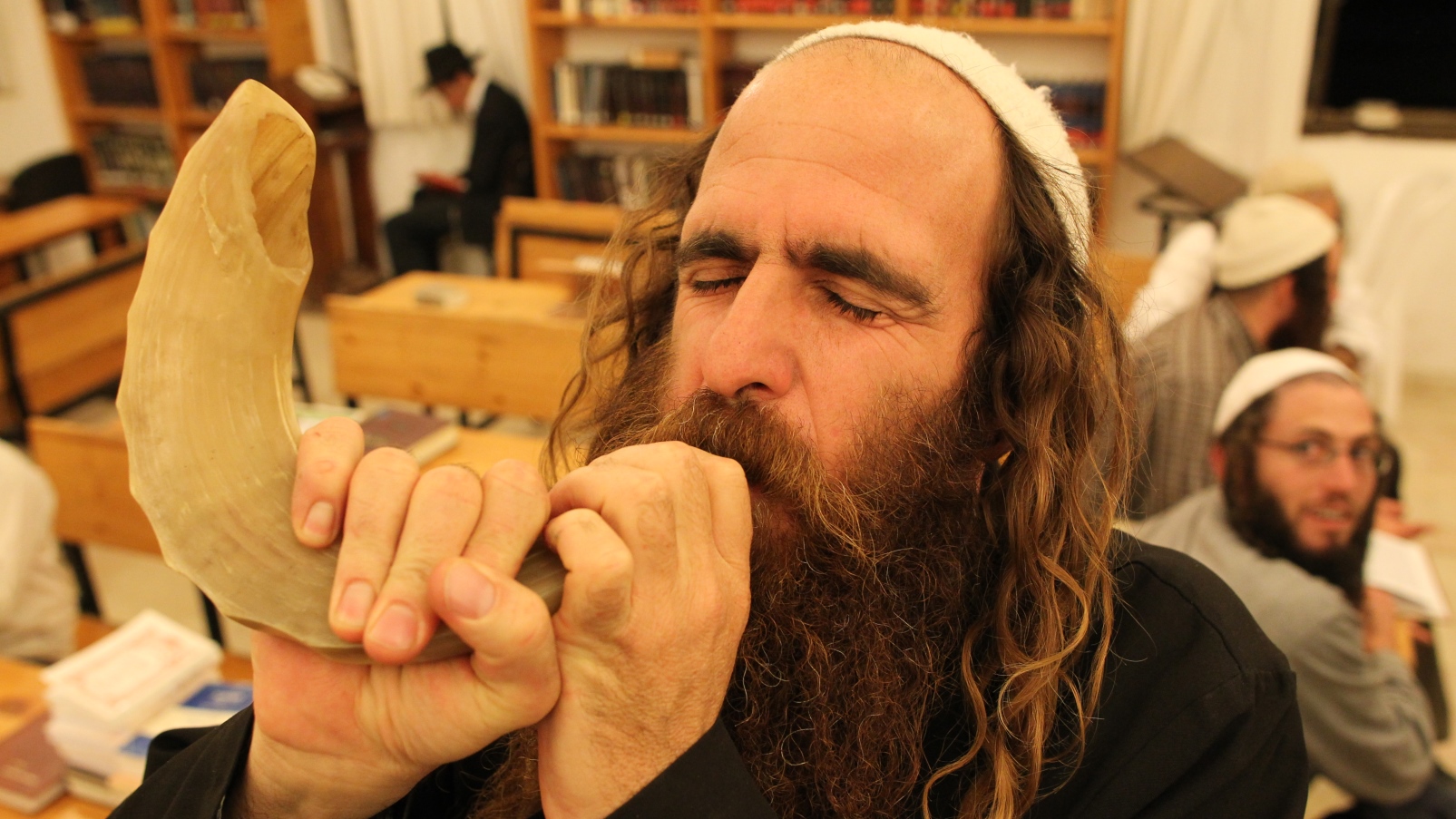
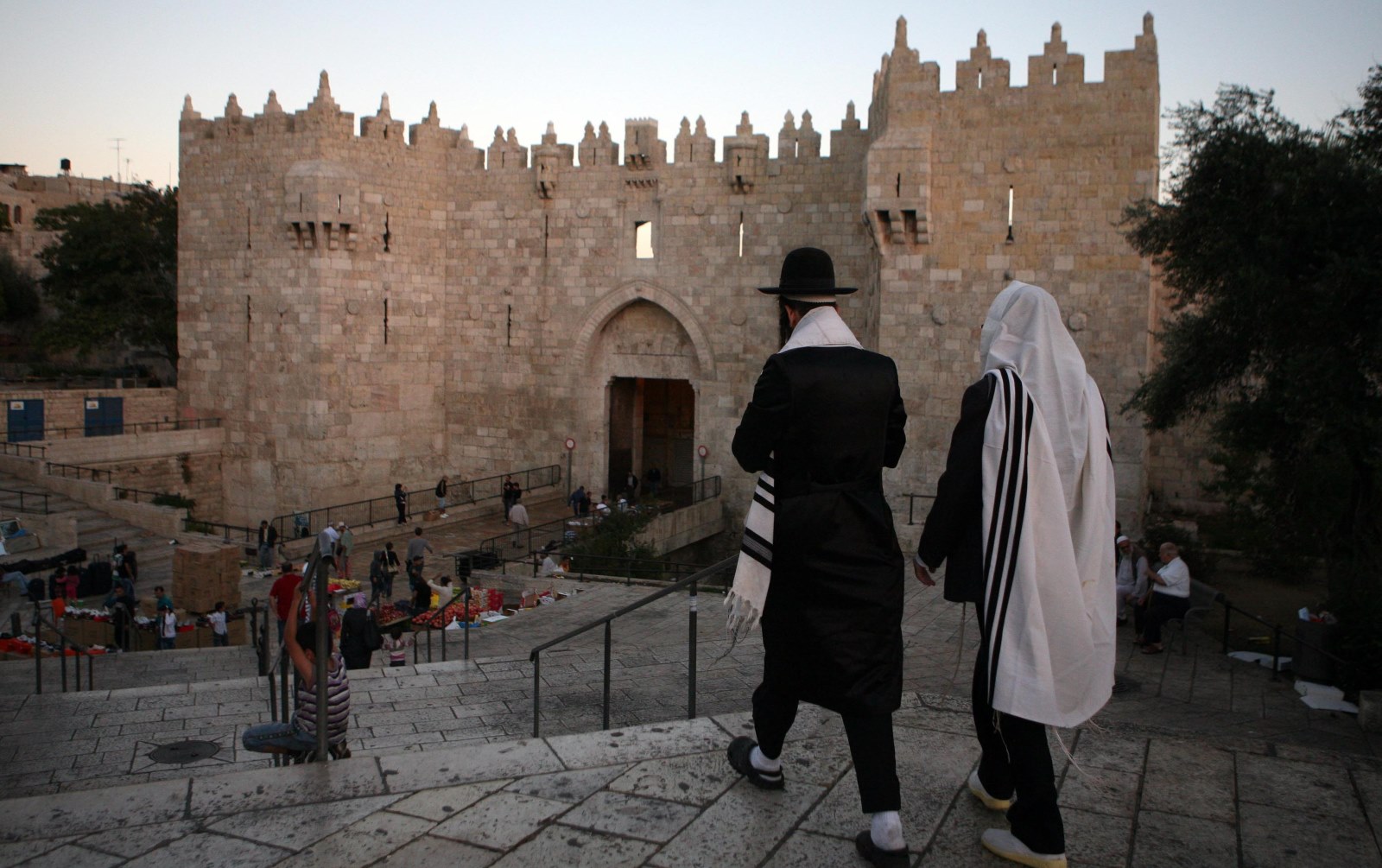
Another act of repentance is carried out during the festival, albeit rather coincidentally. The lack of traffic on Yom Kippur means that pollution levels drop quite significantly, making it one of the greenest days in the year and giving Israelis an opportunity to repent for damage done to the environment.
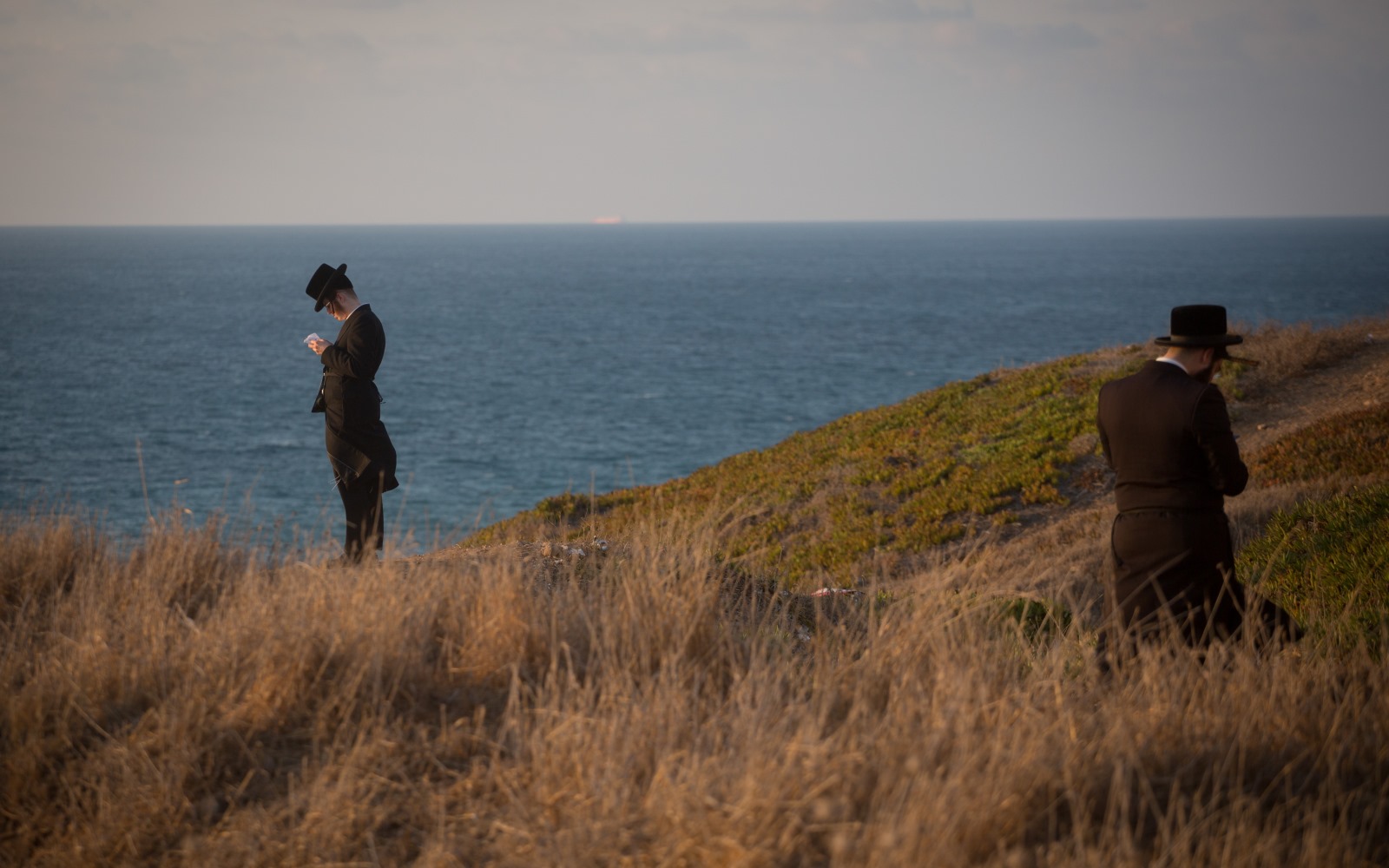
And if you thought that Yom Kippur, being a fast day, must be the only Jewish holiday not to center around food, think again –it’s customary to celebrate the beginning and end of the fast with large, family-style meals. Each family has its own tradition on how to break the fast, but a strong cup of coffee or tea and a slice of cake are a firm favorite.

Fighting for Israel's truth
We cover what makes life in Israel so special — it's people. A non-profit organization, ISRAEL21c's team of journalists are committed to telling stories that humanize Israelis and show their positive impact on our world. You can bring these stories to life by making a donation of $6/month.





